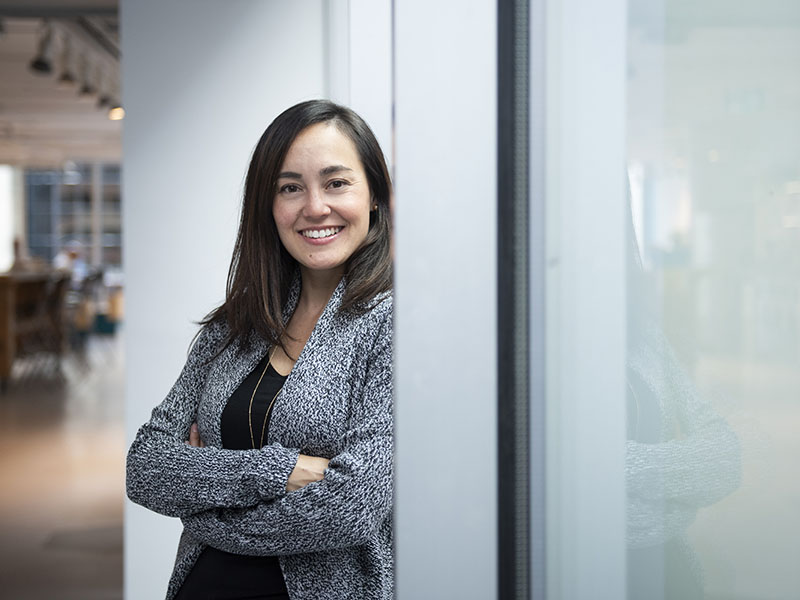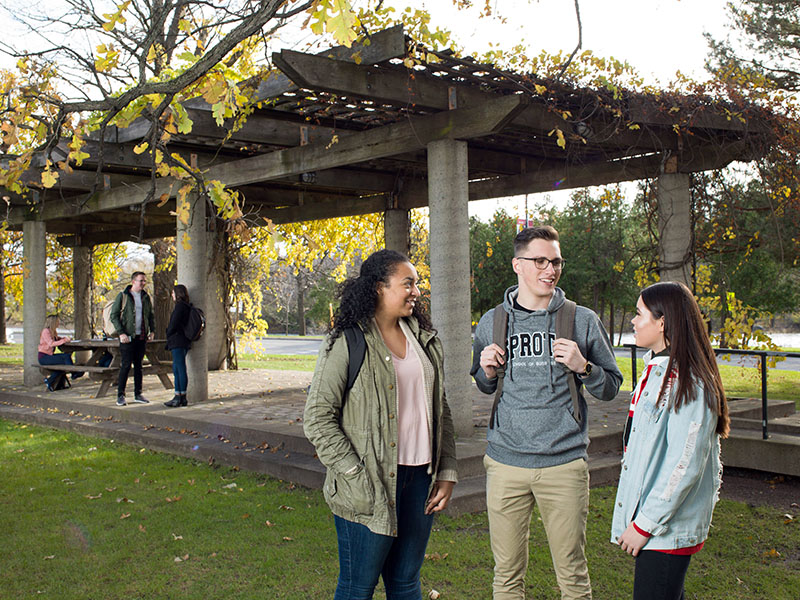An education beyond borders
Originally published in The Globe and Mail

Liza Al Jarrah wanted to explore the world, and Jane Porter hoped to change it.
Both graduates of Carleton University’s Sprott School of Business in Ottawa were driven to enroll in its Bachelor of International Business (BIB) program because of an interest in social enterprise and a deep curiosity about the cultures of other nations.
But more than anything, they were looking for a business education that set them apart from the crowd.
“At the end of the day, I wanted to graduate with something different,” says Al Jarrah, who landed a position with the Royal College of Physician and Surgeons of Canada immediately upon graduation in 2012, where she helps manage its international outreach programs. “The BIB wasn’t just a Bachelor of Commerce.”
Porter agrees that the BIB is what stood out from programs at other universities.
“I wouldn’t have gone there if it wasn’t for the international business element,” says the senior consultant with Stratos, an international consultancy firm specializing in environmental, socio-economic and governance issues. Porter also appreciated Sprott’s focus on global social responsibility.
“I wanted to be able to do good with my education, and I have working for Stratos,” she says. “I could be working on climate change one day, or Indigenous engagement on another.”
Sprott School of Business dean Linda Schweitzer says many students seek out the school because of its international focus.
“We actually have an international business component in [almost] every program we offer,” says the associate professor of management, adding its graduate accounting program is the lone exception. “All of our undergraduate programs offer the opportunity to study abroad up to a year.”
Schweitzer says students are often attracted to Sprott’s BIB program. Unlike similar undergrad offerings at other universities, it is mandatory for BIB students to spend one year studying in another country in a new language they began learning in their first year of the program.
“So if you already speak three languages, then you’re going to learn a fourth one,” Schweitzer says, adding students enrol in intensive language studies in their first two years. “In your third year, you must study abroad in a country where they speak that language.”
The notion of picking up another language appealed to Al Jarrah, who already spoke Arabic and Mandarin Chinese.
“I was thinking that I would work for the government at some point, and I didn’t have my French, so this was a great way to learn it,” she says.
Al Jarrah also liked the idea of studying abroad, and “being pushed out of your comfort zone, forced to live in a place where you don’t know anybody and you don’t know the language.” Both Al Jarrah and Porter spent their third year studying in France, but students can choose from a variety of locations where the program’s five languages of focus (Mandarin, French, German, Spanish and Japanese) are spoken.

Like Al Jarrah, Porter was intrigued by the challenge of acquiring a new language, as well as the sink-or-swim learning experience of being immersed in another culture.
The prospect of adventure and meeting new people didn’t hurt either, says Porter.
“I was craving that experience, especially as a 19-year-old.”
Sprott has many other opportunities offering hands-on, global experiences for students looking to make a positive impact in the world, says Schweitzer, including the Buckets to Rain Barrels program. This interdisciplinary program with the Faculty of Engineering and Design is part of a course called “Developing Creative Thinking,” she says.
“The students work together on projects with the purpose of addressing water shortage issues in Tanzania,” she says.
Students eventually travel to the African nation and live in a community to help solve a problem relating to water conservation. Some recent innovations developed by Sprott students and put into use in Tanzanian communities include a small-scale solar still to collect and purify water and a local weather app for mobile phones.
Sprott also offers its students opportunities to put their abilities to the test against the world’s best, travelling to abroad for International Case Competitions. Schweitzer says these are extracurricular and very popular among students.
“They have to solve a specific business problem; they analyze it and come up with solutions, and then they develop a presentation for a plan to move forward,” Schweitzer says. Students then travel to places like Europe and South America to compete with students from other countries.
“In some competitions, they have only 20 minutes to present the plan in front of foreign judges, so it really forces them to think differently about problems through a new cultural perspective,” she says.
Schweitzer notes that some might wonder why Sprott is so focused on providing international experience for their students. Her answer is straightforward: “Because there’s no such thing really as domestic-only business anymore.”
She adds, “We want our students to graduate thinking globally, so when they launch their careers or start businesses, they have a vision not bound by geography.”
That idea has been an important takeaway for both Al Jarrah and Porter.
“Sprott School of Business was a good launching pad,” Porter says. “It gave me the tools and confidence to make a difference not just here, but internationally.”